-
Paediatrics & Neonatology Pediatric & Newborn Care
-


At RAK Hospital, our experienced pediatricians provide expert care for infants, children, and adolescents, ensuring every child receives the medical attention they deserve. Whether it’s a routine check-up or specialized treatment, our child doctors are committed to delivering the highest standard of pediatric care in Ras Al Khaimah.
We offer comprehensive child healthcare services, including treatment for common infections, allergies, asthma, and chronic conditions like childhood diabetes and obesity. Our pediatric specialists take a personalized approach to each case, focusing on your child’s growth, development, and overall well-being.
For newborns who require extra care after birth, our Level 2 Neonatal Intensive Care Unit (NICU) is equipped with advanced technology and round-the-clock support. From ventilator support to careful monitoring, we ensure safe and compassionate neonatal care under the supervision of skilled neonatologists and pediatricians.
Preventive care is at the heart of what we do. Our child specialists provide timely vaccinations, developmental screenings, and parental guidance to help your child stay healthy. With a caring environment and a focus on early intervention, we make sure every young patient receives attentive, expert-led pediatric care.
As of 2024, newborn screening is mandatory for all children born in the UAE. Among the few labs in the UAE authorized to conduct these tests, RAK Hospital Lab is recognized and certified by MOHAP.
Why is My Baby Tested?
The purpose of the testing is to ensure your baby’s health. The Newborn Screening Program identifies babies who may have certain disorders, allowing for early diagnosis and medical treatment to prevent serious illness.
How and when is My Baby Tested?
Every baby born in the hospital will receive a form for neonatal screening, along with an information leaflet. The parents will be informed about the procedure of the testing. Testing is conducted on the third day after birth (more than 48 hours). A small blood sample is collected via a heel prick and placed on a special filter paper. This process is minimally painful, similar to a pinprick.
What Disorders Can Newborn Screening Identify?
The program screens for several conditions:
Metabolism Disorders (Tandem Mass Spectrometry):
But my baby seems healthy. Are the tests still needed?
Yes, many infants with these conditions show no signs immediately after birth. Early detection is crucial for preventing irreversible damage.
How does a baby get one of these disorders?
Most disorders are inherited from both parents, who typically show no signs of the disorder. Hypothyroidism’s cause is often unknown, though it can be inherited.
How soon will I know the results?
Results are generally available within ten days. Parents are typically notified only if there is a problem.
What if I am told that a “retest” is necessary?
A retest may be needed for various reasons and doesn’t necessarily indicate a problem. If requested, please act promptly.
What if my baby has one of these disorders? Is there a cure?
While these genetic disorders cannot be cured, early treatment can control and often prevent serious effects. Treatment usually involves a special diet or medication, and referrals for further care will be arranged.
If this child has a disorder, will my future children also have it?
This depends on the specific diagnosis and can be best addressed by a genetic counselor.
Give Your Baby a Healthy Start with Newborn Screening at RAK Hospital

Comprehensive care of children across a range of medical and growth conditions from birth to adolescence.
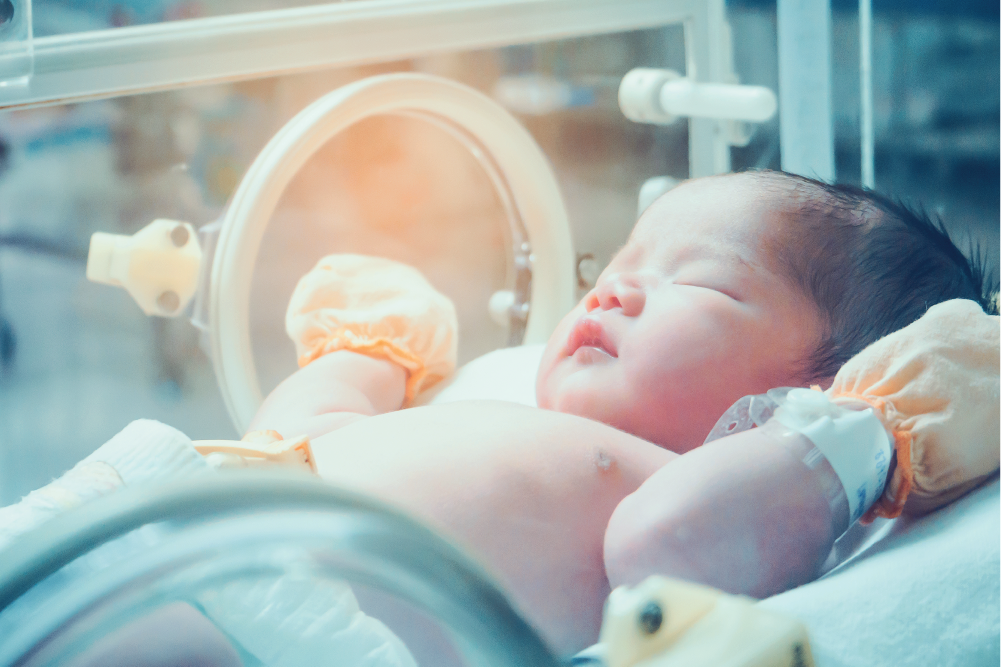
Equipped with a state-of-the-art Level 2 NICU, the unit specialises in care of newborns, particularly premature babies or those with health issues providing intensive attention & support

Full spectrum of immunization services to protect children from preventable diseases
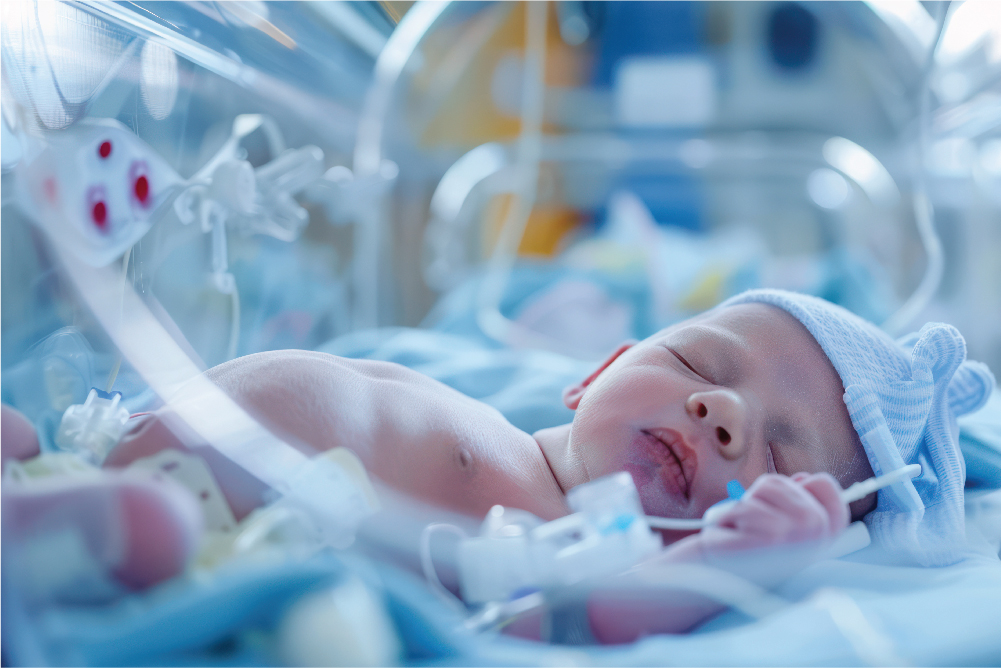
Equipped with Level 2 Neonatal Intensive Care to stabilise and support ill and preterm babies
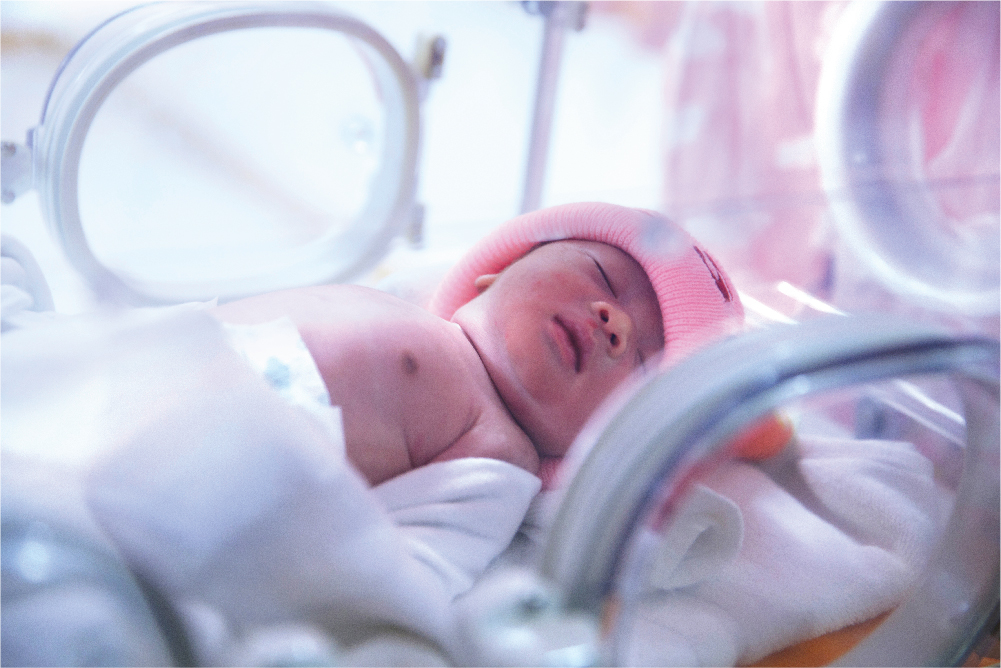
Controlled environments providing warmth and humidity for premature and critically ill newborns.
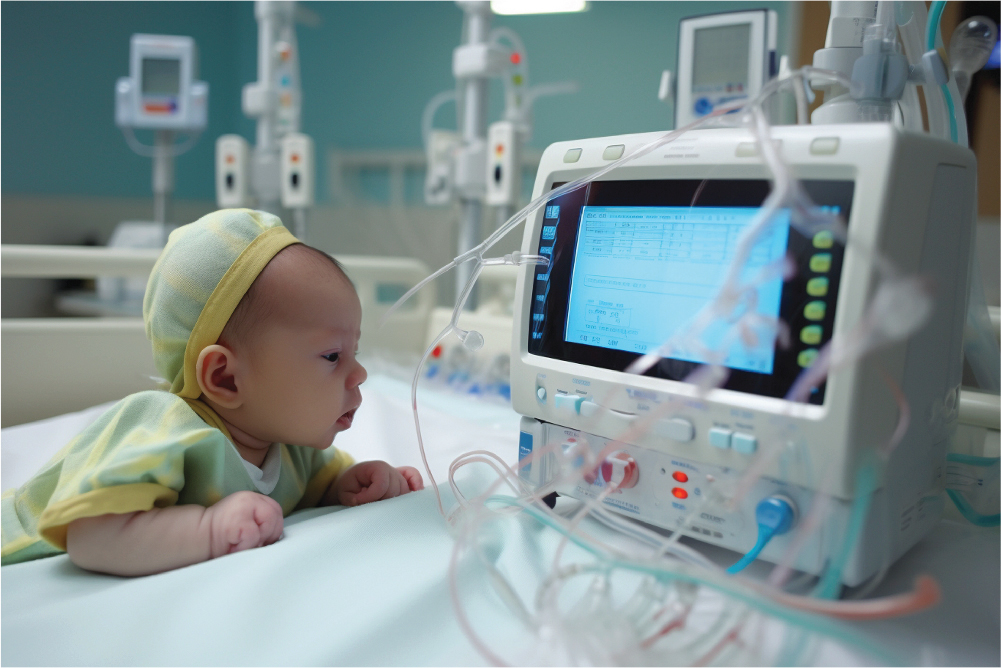
Mechanical breathing support for infants with respiratory distress or underdeveloped lungs.
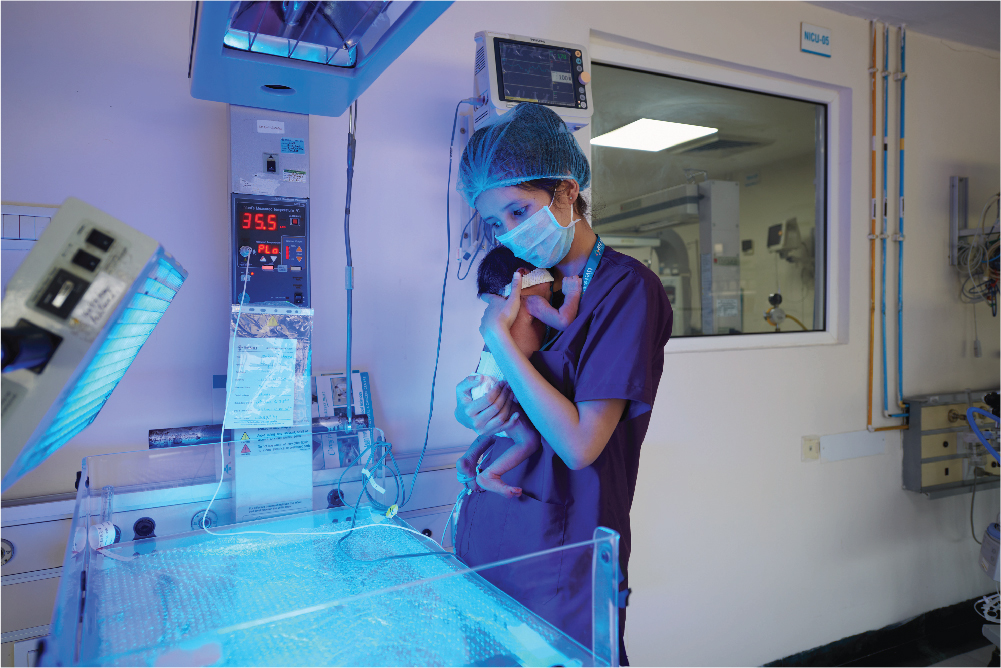
Devices using light to treat neonatal jaundice by breaking down excess bilirubin in the baby's blood.
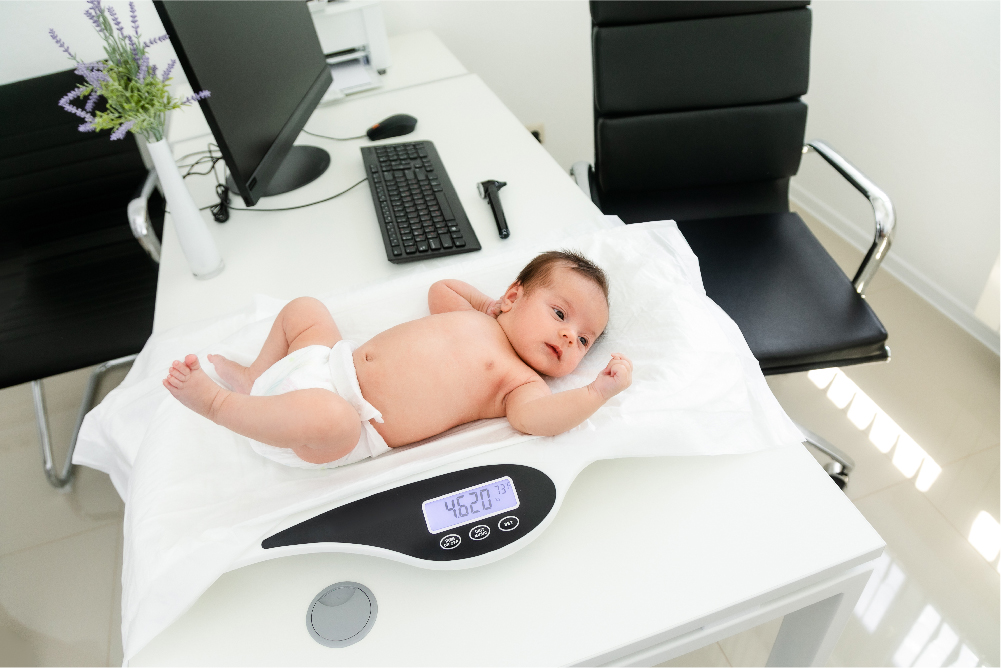
Continuous monitoring of vital signs such as heart rate, respiratory rate, blood pressure, and oxygen saturation in newborns.